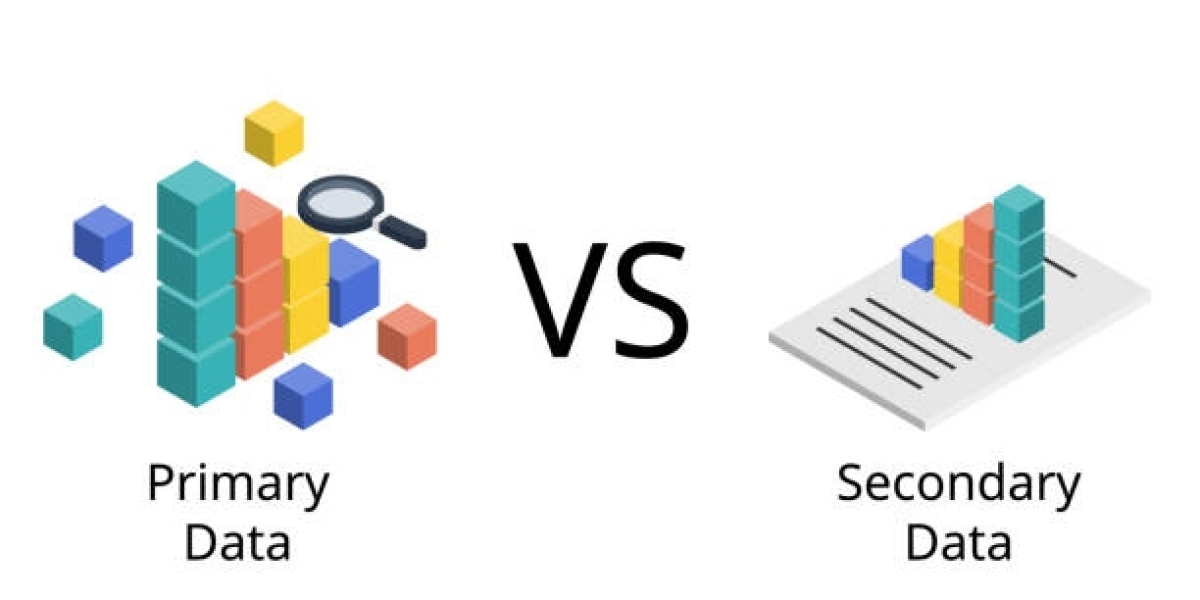Coursework writing requires more than just presenting facts it demands critical analysis, logical organization, and the proper use of sources. One of the most common challenges students face is understanding the role of primary vs secondary sources in coursework writing. Knowing how to distinguish between the two and use them effectively is essential for producing well-researched assignments that meet academic standards.
For students pursuing business studies, balancing sources is even more critical, and this is where seeking the best business coursework help can provide valuable guidance.
In this blog, we’ll break down what primary and secondary sources are, how they differ, and how you can use them in your coursework. We’ll also discuss tips from online experts and professionals to help you improve your academic writing and achieve top results.
What Are Primary Sources in Coursework Writing?
Primary sources are original materials that provide first-hand evidence or direct data about a subject. These sources are not filtered, interpreted, or analyzed by others; they present raw information.
Examples of Primary Sources
Historical documents (treaties, constitutions, speeches)
Original research studies and experiments
Diaries, letters, or autobiographies
Interviews, surveys, and questionnaires
Statistical data and case studies
Works of art, music, or literature
In coursework writing, primary sources are valuable because they allow you to engage directly with the evidence. Using them effectively demonstrates your ability to work with authentic information.
What Are Secondary Sources in Coursework Writing?
Secondary sources interpret, analyze, or evaluate primary data. They provide commentary, summaries, or explanations based on original information.
Examples of Secondary Sources
Textbooks and academic books
Review articles and critical essays
Biographies and commentaries
Analytical research papers
Literature reviews
Secondary sources are helpful in coursework because they give context, highlight different perspectives, and support your understanding of the primary material.
Primary vs Secondary Sources in Coursework Writing: Key Differences
Understanding the differences between primary and secondary sources is crucial for academic success.
| Aspect | Primary Sources | Secondary Sources |
|---|---|---|
| Nature | Original, raw evidence | Interpretation or analysis of primary data |
| Purpose | Provide first-hand information | Offer commentary, explanation, or evaluation |
| Examples | Surveys, historical records, interviews | Textbooks, reviews, critical essays |
| Use in Coursework | To present authentic evidence | To support arguments and provide context |
Both are essential for coursework, but they play different roles in shaping your argument and analysis.
Why Balancing Primary and Secondary Sources Matters
When writing coursework, relying solely on one type of source weakens your work. A balanced mix of primary and secondary sources ensures your writing is well-researched, credible, and academically strong.
Primary sources show originality and depth of research.
Secondary sources demonstrate critical understanding and academic engagement.
Professionals in academia recommend combining both types to create the best coursework writing strategy.
How to Use Primary Sources Effectively
1. Connect Them to Your Argument
Don’t just insert raw data; analyze and interpret it in relation to your coursework question.
2. Evaluate the Credibility
Check the reliability of the source whether it’s authentic, unbiased, and relevant.
3. Use Them for Evidence
Primary sources strengthen your claims and show that your argument is grounded in actual data.
How to Use Secondary Sources Effectively
1. Build on Existing Research
Secondary sources provide academic context and show how your topic fits into wider discussions.
2. Compare Different Perspectives
Analyzing multiple secondary sources helps you understand scholarly debates.
3. Avoid Over-Reliance
Don’t let your coursework turn into a summary of what others have said. Combine secondary insights with your own critical thinking.
Common Mistakes Students Make
Confusing primary with secondary sources – e.g., treating a textbook summary as original data.
Overusing secondary sources – relying too much on others’ interpretations without critical analysis.
Not citing properly – failing to credit sources can lead to plagiarism issues.
Ignoring online academic help – many students hesitate to use professional services that could improve their coursework.
Expert Tips for Using Sources in Coursework
Students often ask online experts and professionals how to handle sources. Here are some top tips:
Always check your university guidelines for the required balance of primary and secondary sources.
Use digital libraries and databases to access reliable academic materials.
If confused, seek help from coursework writing services that guide students in source selection.
Organize your references early to save time during final editing.
How Professionals Can Help with Coursework Writing
The best coursework writing services offer guidance on how to choose and balance primary and secondary sources. By working with experts, students can:
Identify the top resources for their subject.
Learn how to critically evaluate both source types.
Receive tailored feedback on their assignments.
These services don’t just provide shortcuts they act as educational support, helping students build long-term academic skills.
Conclusion: Making the Most of Primary vs Secondary Sources
Mastering the use of primary vs secondary sources in coursework writing is one of the most important academic skills you can develop. Primary sources provide authenticity and originality, while secondary sources add depth and analysis. Together, they create a strong foundation for high-quality coursework.
Whether you’re working independently, seeking online help, or using the support of the best professionals and experts, remember that the goal is to produce coursework that is insightful, well-researched, and academically sound.
The right balance of sources, combined with critical thinking, will not only help you achieve top grades but also enhance your overall research and writing skills.









